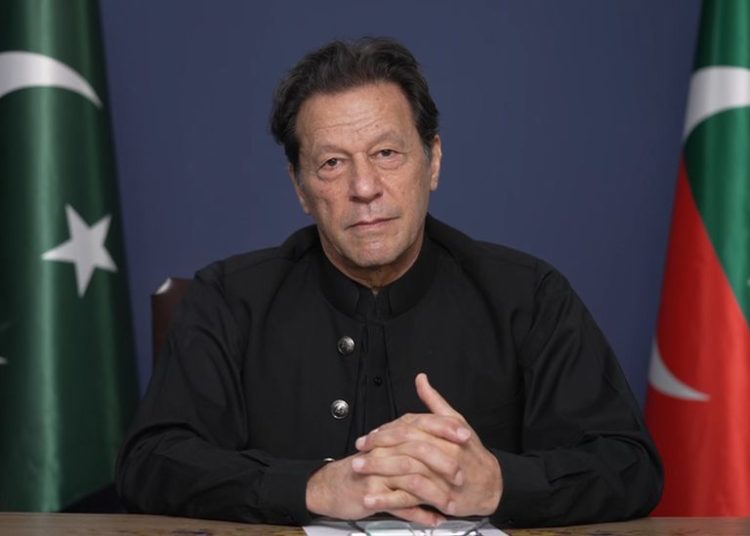If there was any doubt about Donald Trump’s stance on the Ukraine war and America’s support for Kyiv, he made it clear on Wednesday.
He lashed out at Ukrainian President Volodymyr Zelensky, who was once celebrated in the U.S. Congress for his leadership against Russia’s invasion. Trump labeled him a “dictator” and accused him of corruption, claiming he was trying to “keep the gravy train” of foreign aid flowing. Just a day earlier, Trump had even suggested that Ukraine—not Russia—was responsible for starting the war.
“Zelensky better move fast, or he is not going to have a country left,” Trump wrote.
This comes less than a week after Trump’s lengthy phone call with Russian President Vladimir Putin. Now, his statements echo Russian talking points about the war and Zelensky.
Pl subscribe to our youtube channel:
Russia’s ambassador to the UK, Andrei Kelin, praised Trump’s shift, saying the U.S. was finally “listening” to Russia’s position rather than dismissing it as propaganda.
While this shift in U.S. foreign policy may seem drastic, it isn’t entirely unexpected. Trump has long been skeptical of Ukraine and has pushed an “America First” approach. He has tightened his control over the Republican Party and is now using the full power of the U.S. government to reshape foreign policy in line with his views.
Trump’s latest attack on Zelensky came after Ukraine refused an American proposal to gain access to and profit from Ukrainian mineral resources.
“That’s not a serious conversation,” Zelensky said. “I can’t sell our state.”
Trump, however, appears determined to scale back U.S. military commitments to Europe and shift focus toward containing China. Before his decisive election win in November, he frequently criticized the level of American aid going to Ukraine, calling Zelensky “the greatest salesman of all time” for convincing Congress to fund his country.
For Trump’s voters, the Ukraine war wasn’t a major election issue. His position didn’t cost him politically, even as his opponents attacked him over it. Now, he’s taking bold steps on the world stage, mirroring his domestic push to weaken federal agencies and expand presidential power. And so far, there is little resistance from within his party.
A few Republican senators expressed disagreement after Trump’s social media posts.
“I certainly would not call President Zelensky a dictator,” said Senator Lisa Murkowski of Alaska.
Senator Susan Collins of Maine and Senator John Kennedy of Louisiana also rejected Trump’s remarks, with Kennedy calling Putin “a gangster.”
Pl visit our website for more info:
Thom Tillis of North Carolina, who had just returned from Kyiv, was blunt: “The Ukraine war is the responsibility of one person—Vladimir Putin.”
But as history has shown, these statements from fellow Republicans are unlikely to change Trump’s foreign policy course. Presidents have wide authority in international affairs, and Trump has been clear for years—he blames the war on Biden’s weakness and insists that resolving it would be “easy”.
While his past criticisms of Zelensky were not as sharp as this week, he has consistently painted the Ukrainian president as a skilled negotiator who convinced Congress to keep sending money to Ukraine.
















